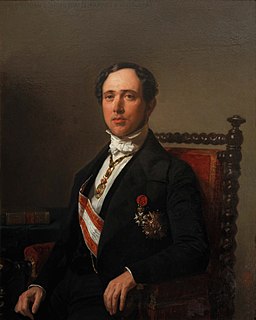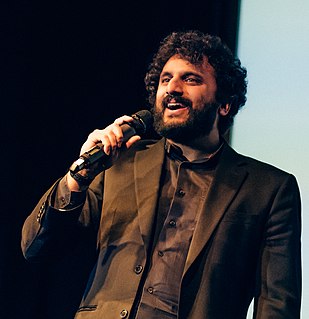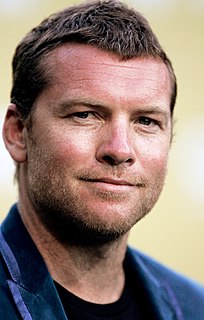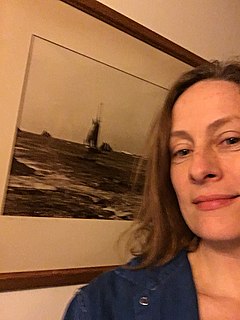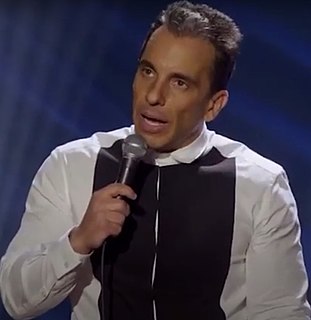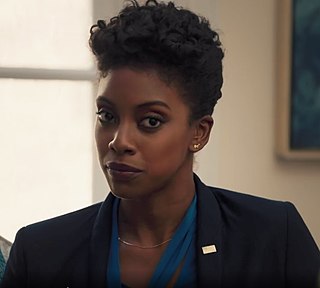A Quote by Barbra Streisand
Related Quotes
There are only two possible forms of control: one internal and the other external; religious control and political control. They are of such a nature that when the religious barometer rises, the barometer of [external, i.e., political control] falls and likewise, when the religious barometer falls, the political barometer, that is political control and tyranny, rises. That is the law of humanity, a law of history. If civilized man falls into disbelief and immorality, the way is prepared for some gigantic and colossal tyrant, universal and immense.
Maybe I'm not giving people in the audience enough credit for actually thinking about what they're singing, but it's awesome when a rock'n'roll groove and melody can transport something from Barometer Rising or whatever [ed: it's from 1958's The Watch That Ends the Night] into [Toronto's] Molson Ampitheatre and have people just owning it.
The truth is that the heroism of your childhood entertainments was not true valor. It was theatre. The grand gesture, the moment of choice, the mortal danger, the external foe, the climactic battle whose outcome resolves all--all designed to appear heroic, to excite and gratify and audience. Gentlemen, welcome to the world of reality--there is no audience. No one to applaud, to admire. No one to see you. Do you understand?Here is the truth--actual heroism receives no ovation, entertains no one. No one queues up to see it. No one is interested.
Today, blacks are no longer the litmus paper or the barometer of social change. Blacks are in every segment of society and there are laws that help to protect them from racial discrimination. The new ‘niggers’ are gays. It is in this sense that gay people are the new barometer for social change. The question of social change should be framed with the most vulnerable group in mind: gay people.
How forthright does the audience want the broadcasters to be? Because when you tell your truth, there's a lot of anger that comes out. I think it's a good question to ask TV people [executives] too. How much truth do they want to be told? How much truth does the league want told? Because the truth isn't just a positive truth. If you're going to tell the truth, you would be telling a lot of positive and some negative.

